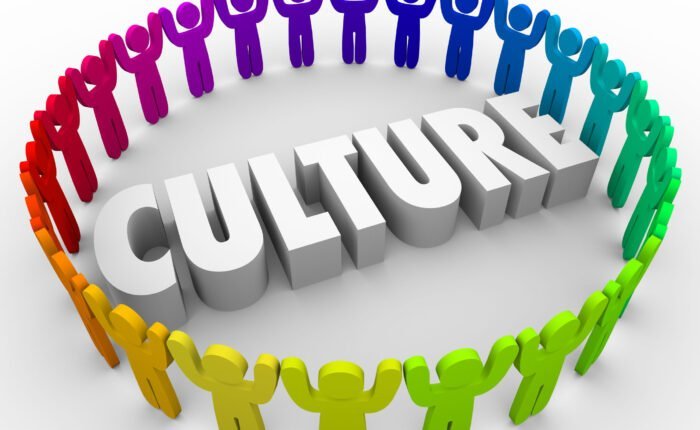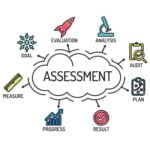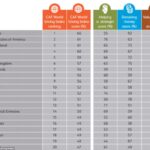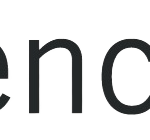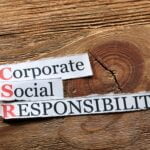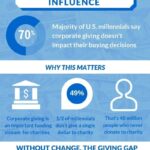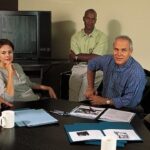Following my time in college, I found myself frantically looking for a job or internship for much longer than I thought I would. I remember my mother talking about how difficult the job market was at the time to her father (my grandfather) who was surprised by my lack of job after three months. “Well why doesn’t she just take any job? You don’t need to love your job. It’s just a job.”
“Well why doesn’t she just take any job? You don’t need to love your job. It’s just a job.” -Grandfather
According to a report by the Conference Board, 52.3% of Americans are unhappy at work.
Comparatively in 1987, when the Board ran its first survey of this kind, 61.1% of workers said that they liked their jobs. Furthermore, in all areas evaluating the work experience including job security, wages, promotion policy, vacation policy, sick leave, health plan, retirement plan, etc., the comparison revealed that in all of the above-mentioned areas, workers were seemingly happier in 1987 than they are currently. That is saying a lot about the state of things given that whatever the hell is going on here was actually acceptable in the 1980s:
Having been raised in a household where my father worked for the U.S. Government, I really didn’t grow up with the expectation that work could be a pleasurable and productive, let alone a happy experience. It wasn’t until only recently that I became aware of this becoming a focus for many professionals and employers. People are starting to place emphasis on things like “culture fit.” Companies that focus solely on increasing employee happiness and engagement are growing their client bases. Roles such as Director of Diversity and Inclusion are emerging at companies.
So I guess the next question is, where is HR in all of this?
Well many of them are still in the corner where they have been put due to ineffective policies and poor bedside manner, but Perry Timms, Founder at PTHR (People and Transformational HR Ltd.) is taking a new approach to the way HR fits into the movement. In his TEDx Talk called, The Future of Work, Perry leads with the question: how does HR reinvent itself to be better at work?
Perry goes on to explain that one of the biggest problems in the workplace currently is stress.
Perry goes on to explain that one of the biggest problems in the workplace currently is stress. This stress is perhaps rooted in the fact that companies and employers haven’t been playing into their skill-sets, desires, energy and strengths their employees have.
People need associate meaning and purpose in their work – then it is no longer just a job but work that is enjoyed. In that right, more supportive and appreciative work cultures are needed. Perry also notes that once people can capture the meaning of work they no longer need a manager—they need a source of inspiration.
Creating communities of interest in the workplace is also important to Perry. Being forced to ask ourselves: how do you want to exist and live your life and are you transforming and touching the rest of the world with what you do are questions that need to be asked in the context of work. “The future of work is what we make it,” Perry says. “[It] needs to be less transactional and more transformational.”
So what then does the future of work look like?
According to Perry, “It will look like something where, Mondays, you kinda sprint to the train to get to work because you can’t wait to do what you do or you log on, at some extraordinary hour of the day because you’ve had the idea that will just break through and create something more meaningful in what you do.”
Perry Timms lives and works in the UK. In addition to being the Founder and Director at PTHR, he is also a Learning & Development Advisory Group Member at CIPD and has been a guest speaker at WorldBlu.
Follow HR Futurist Perry Timms at @PerryTimms




